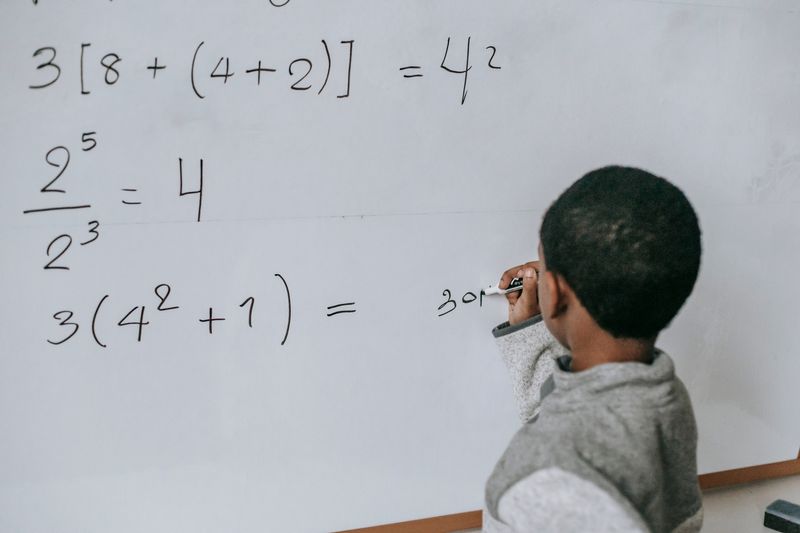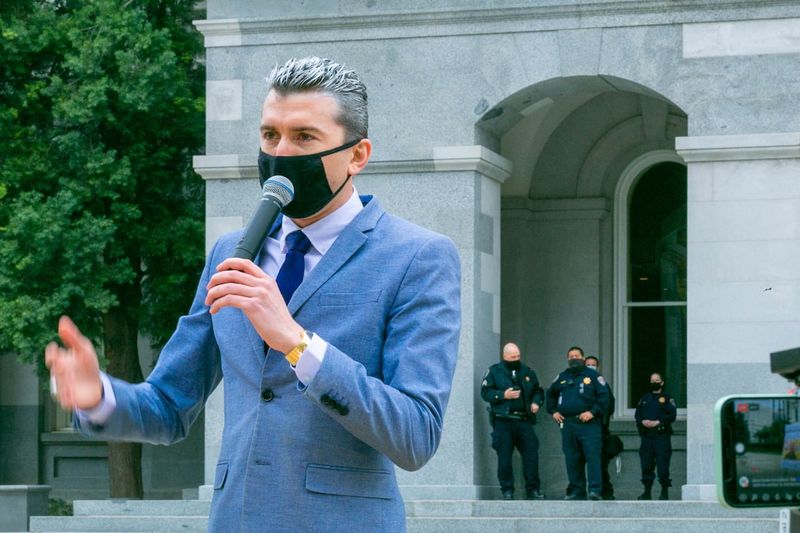Prime Minister: NATO Must Learn Lessons from Putin‘s Barbaric Tactics in Ukraine
Overview
As the world reflects on the grim milestone of 500 days since Putin‘s full-scale, illegal invasion of Ukraine, NATO leaders are gathering in Lithuania to address the challenges of the future. The NATO Summit will focus on supporting Ukraine and ensuring the alliance is prepared to confront evolving threats. The Prime Minister will call on fellow leaders to learn crucial lessons from Russia’s actions and tactics in Ukraine, as this conflict has fundamentally reshaped our understanding of modern warfare and the approach to conflict.
Putin‘s War and Impact on NATO
Putin‘s invasion of Ukraine has had far-reaching consequences for Europe and NATO. The conflict has caused immense devastation for millions of people, highlighting the need for a strong and united alliance. In response to this aggression, NATO has demonstrated its strength and unity as countries have increased defense spending, countries like Sweden and Finland have sought membership (with Finland subsequently joining), and unprecedented support has been provided to Ukraine. However, the Prime Minister emphasizes that NATO must build on this momentum and adapt its approach to counter the tactics used by Russia in Ukraine.
NATO‘s Response and Evolution
NATO has responded to the increased threat posed by Russia in several ways. The adoption of the NATO 2022 Strategic Concept and NATO Force Model has guided NATO‘s approach and provided the necessary capabilities for the alliance. The UK, as one of the leading European NATO allies, has committed almost all of its Armed Forces and military capabilities to NATO. The Prime Minister urges allied countries to go further by ensuring they spend a minimum of 2% of their GDP on defense. Currently, only nine out of thirty NATO allies meet this commitment, but the UK’s advocacy is projected to raise the number to two-thirds by 2024.
The Importance of Defense Investment
The Prime Minister emphasizes the crucial role of proper defense investment in maintaining NATO‘s deterrence and defense capabilities. The UK has made record investments in defense, making its Armed Forces more lethal, deployable, and ready for future challenges. The Prime Minister highlights the need for all allies to meet the 2% commitment, which should be seen as a minimum requirement. This investment is vital not only for national defense but also for the domestic defense industries, which have been exposed to weaknesses due to the conflict in Ukraine.
UK’s Defense Investment and Industrial Cooperation
The UK has announced over £5 billion of extra funding for defense in the past year, including replenishing ammunition stockpiles. The Prime Minister will confirm an eight-fold increase in the UK’s production capacity of 155mm artillery ammunition, enabling the UK and allied forces to have significantly increased supplies. This investment will create jobs and boost the UK munitions workforce. The Prime Minister also calls for joint NATO efforts to increase shared capacity in the production of various military equipment, from missiles to ammunition, by removing barriers to industrial cooperation between allies.
The UK’s Response: Command Paper and Global Response Force
The UK Ministry of Defence will publish a new Command Paper outlining measures to improve the lethality and deployability of its Armed Forces, along with contributions to NATO. One of these measures is the establishment of a new Defense “Global Response Force” designed to enhance the UK’s ability to respond rapidly to a crisis. This force, operating under a single command, will bring together deployed and high-readiness forces from all domains – land, sea, air, cyber, and space – ensuring a comprehensive response capability worldwide. The Global Response Force is a direct response to lessons learned from conflicts like Ukraine and Sudan and will streamline and coordinate the UK’s response.
Future Technologies and NATO‘s Leadership
The Prime Minister will highlight NATO‘s capacity to lead in future technologies, given the alliance’s size and expertise. NATO‘s Defense Innovation Accelerator for the Northern Atlantic (DIANA), based in London, aims to harness dual-use commercial technologies for defense and security purposes, focusing on advancements like Artificial Intelligence (AI). The Prime Minister encourages allies to invest in these capabilities and engage in global discussions about their development and use, including participating in the first international AI summit to be hosted in the UK later this year.
Editorial and Analysis
Addressing Modern Warfare
The conflict in Ukraine has shattered previous notions of warfare and highlighted the urgent need for NATO to adapt its strategies and capabilities. Putin‘s tactics, which involved multi-domain warfare and hybrid tactics, demonstrated the importance of responding rapidly and comprehensively to changing threat environments. The NATO Summit serves as a crucial opportunity for the alliance to reflect on these lessons and develop a collective approach to future challenges.
Defense Spending and Industrial Cooperation
The Prime Minister’s call for all NATO allies to meet the 2% defense spending commitment reflects the importance of adequately resourcing defense capabilities. The conflict in Ukraine has exposed vulnerabilities in domestic defense industries, underscoring the need for increased investment and industrial cooperation among allies. By boosting production capacity and removing barriers to collaboration, allies can enhance their collective resilience and ensure sufficient supplies of essential equipment.
The Global Response Force
The establishment of the UK’s Defense Global Response Force represents a strategic shift in the country’s approach to crisis response. By integrating forces from all domains under a single command, the UK aims to enhance its ability to rapidly deploy and effectively respond to various threats worldwide. This approach aligns with the lessons learned from recent conflicts, emphasizing the criticality of coordination and efficiency in crisis situations.
Fostering Technological Advancements
NATO‘s leadership in future technologies, such as AI, is a crucial aspect of maintaining a competitive edge in modern warfare. The Defense Innovation Accelerator in London demonstrates NATO‘s commitment to harnessing commercial technologies for defense purposes. Encouraging allies to invest in these capabilities and engaging in global discussions fosters collaboration, innovation, and ultimately strengthens NATO‘s position as a leader in cutting-edge technologies.
Advice for NATO Leaders
On Defense Spending
NATO leaders must make a collective commitment to fulfilling the 2% defense spending target. Adequate defense funding is essential to maintain readiness and address emerging threats effectively. By meeting this commitment, allies demonstrate their commitment to the alliance’s collective defense and ensure their own resilience in the face of evolving challenges.
On Industrial Cooperation
NATO leaders should prioritize and facilitate industrial cooperation among allies. Enhancing shared production capacities for essential military equipment will reduce vulnerabilities and dependencies on external suppliers. By removing barriers and fostering collaboration, allies can establish resilient defense industries capable of meeting future demands.
On Rapid Response and Adaptive Capabilities
The establishment of a Global Response Force, which integrates forces from all domains and enhances rapid deployment capabilities, is a model that NATO leaders should consider. The ability to respond swiftly and flexibly to crises is paramount in a rapidly changing security landscape.
On Technological Advancements
NATO leaders must prioritize investments in future technologies and foster innovation through collaboration and knowledge sharing. As technology continues to shape warfare, staying at the forefront of advancements in areas like AI will ensure the alliance’s continued relevance and effectiveness.
In conclusion, the NATO Summit in Lithuania presents an opportunity for alliance leaders to learn from the crimes and tragedies of Putin‘s war in Ukraine. By addressing defense spending, investing in future technologies, promoting industrial cooperation, and enhancing rapid response capabilities, NATO can adapt and position itself to confront the threats of the future. The lessons learned from Ukraine provide a roadmap for NATO‘s evolution and underscore the importance of unity and collective defense in the face of aggression.

<< photo by Aleksandr Neplokhov >>
The image is for illustrative purposes only and does not depict the actual situation.
You might want to read !
- Semenya’s Legal Victory: Testosterone Limits Overturned
- Breaking Barriers: A Historic Win as the Miss Netherlands Title Is Claimed by a Trans Woman
- “Analyzing the Resilient UK-US Alliance: Insights from Biden and Rishi’s Meeting”
- The Wagner Group Rebellion: A Major Test for Russia’s Authority
- Russian Chaos: The Investigation into Wagner Chief Yevgeny Prigozhin Revealed
- Russian Private Military Contractor Wagner Chief Accused of Inciting Armed Rebellion
- Declining Reading Standards in Year 6 Tests: Analyzing the 2023 Sats Results
- Sats Results 2023: Languishing Below Pre-Covid Heights
- “Sally Nugent Addresses Jon Kay’s Absence on BBC Breakfast Amid Speculations”
- Incorporating Wolverine’s Iconic Look: Deadpool 3 Unveils Yellow Costume
- Revamping Wolverine’s Look: The Marvel Comics-Accurate Yellow Suit in DEADPOOL 3
- A Royal Rendezvous: President Biden Meets King Charles at Windsor Castle




